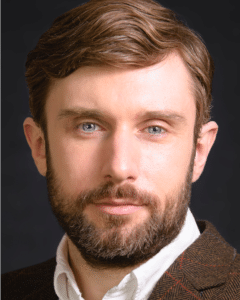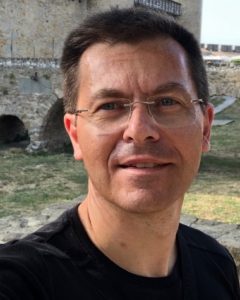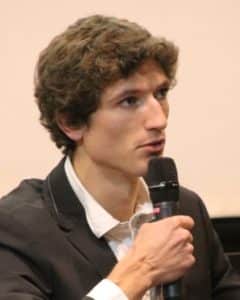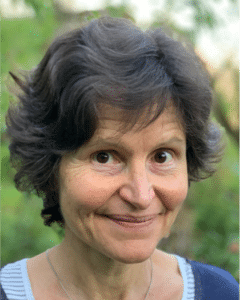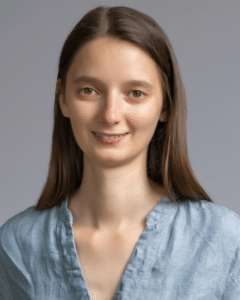- Planet
- Energy
- Health and biotech
- Digital
- Space
- Economics
- Industry
- Science and technology
- Society
- Geopolitics
- Neuroscience
- Videos
- Magazine

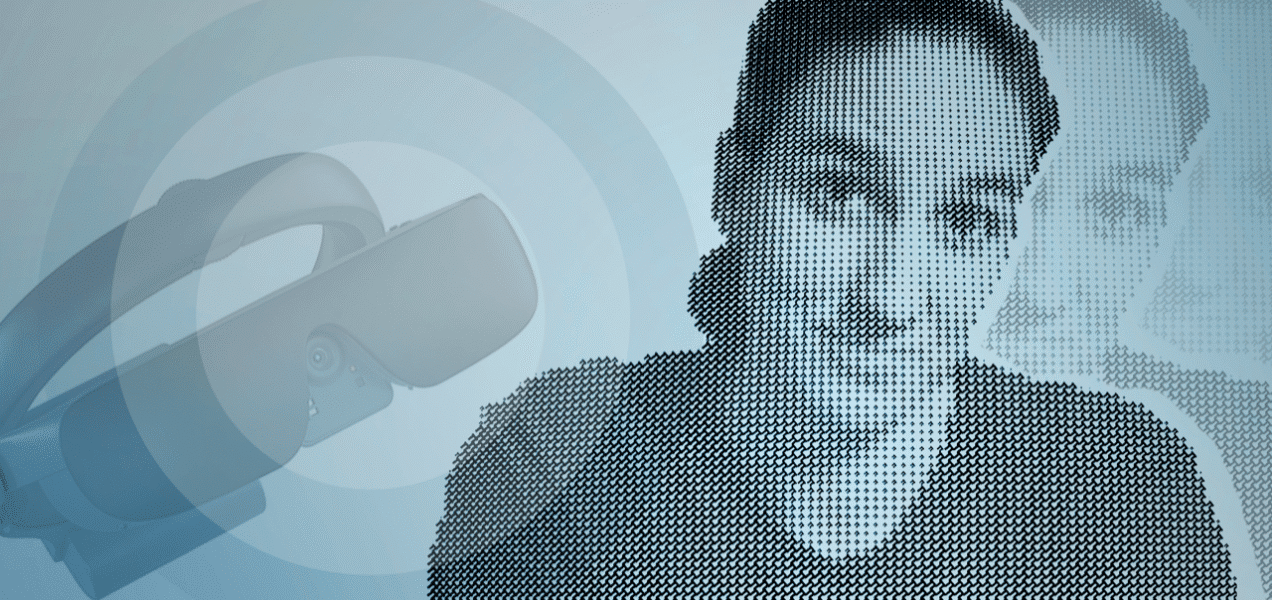
Viviane holds an engineering degree in mechanical engineering from the Université de Technologie de Belfort Montbéliard in France, a masters degree in research (Quebec system) in biomedical engineering and a PhD in mechanical engineering specialized in biomechanics from Polytechnique Montréal in Canada.
Since 2010, Viviane is passionate about scientific communication and especially about making seemingly uninteresting subjects compelling. She created the channel "Scilabus", which has now more than 490 000 subscribers.
In 2021, she was awarded the Jean Perrin prize for science communication by the French Physics Society, as well as the UTBM excellence prize in 2022.
Here is her collection of articles, entitled "Our world, tomorrow".
